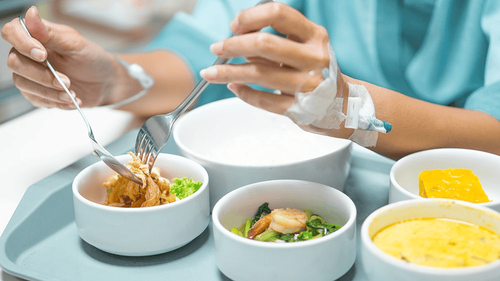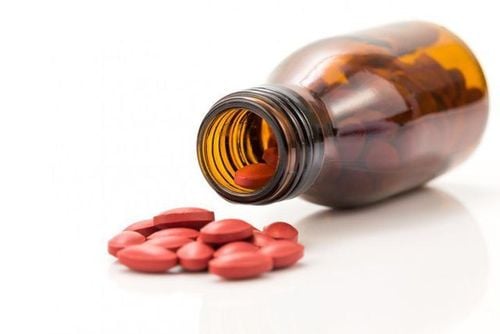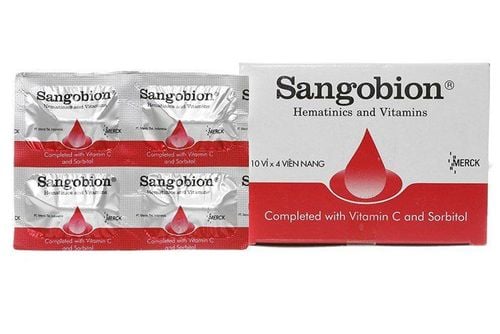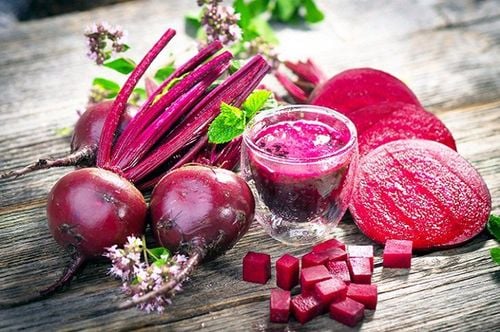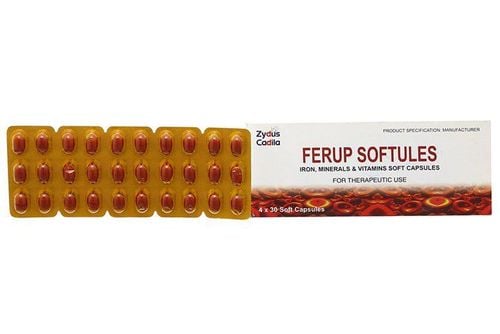Incorporating fruits into your daily diet is considered one of the simplest and most effective ways to help treat anemia. So, which fruits are beneficial for people with anemia?
1. Causes and typical symptoms of anemia
1.1. Causes of anemia
- Anemia due to inflammation
Some diseases like cancer, HIV/AIDS, kidney disease, rheumatoid arthritis, Crohn's disease, and other acute or chronic inflammatory conditions can interfere with red blood cell production. These conditions are among the causes of anemia. - Aplastic anemia
This is a rare and dangerous form of anemia that threatens life when the body does not produce enough red blood cells. Aplastic anemia can result from infections, certain medications, autoimmune diseases, or exposure to toxic chemicals. - Iron deficiency anemia
Iron deficiency anemia is the most common type of anemia today. Bone marrow requires iron to produce hemoglobin. Therefore, if the body does not have enough iron, it will not be able to produce enough hemoglobin for red blood cells. - Vitamin deficiency anemia
In addition to iron, the body needs vitamin B12 and folate to produce enough healthy red blood cells. A diet lacking in vitamins and other essential nutrients can reduce red blood cell production. - Vitamin B12 absorption issues
Some patients who consume enough B12 cannot absorb the vitamin. This can lead to vitamin deficiency anemia, also known as pernicious anemia. - Congenital hemolytic anemia
Congenital hemolytic anemia is a hereditary blood disorder related to abnormal hemoglobin, a protein structure in red blood cells that carries oxygen. In patients with congenital hemolytic anemia, red blood cells are destroyed excessively, leading to anemia. - Sickle cell anemia
Sickle cell anemia is a genetic condition and sometimes more severe than hemolytic anemia. The cause of the disease is a defective form of hemoglobin, which causes red blood cells to have an abnormal crescent shape. These abnormal blood cells die prematurely, leading to chronic anemia.
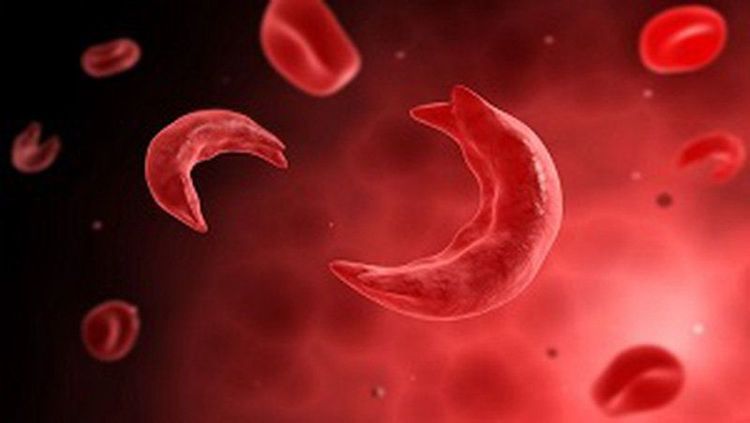
1.2. Symptoms of anemia
The symptoms of anemia vary depending on the type of anemia the patient has. Common symptoms include:
- Easy fatigue and lack of energy
- Irregular heartbeat, especially when exercising
- Shortness of breath and headaches, particularly when exercising
- Difficulty concentrating
- Dizziness
- Pale skin
- Leg cramps
- Insomnia
2. What fruits should people with anemia eat?
On health information websites and social media, it’s common to see questions like "What fruits should you eat for anemia?" or "Which fruits are good for anemia?" The fruits listed below are beneficial for the health of people with anemia.
2.1. Citrus fruits
Citrus fruits like oranges, grapefruits, lemons, and mandarins are rich in vitamin C, which helps the body absorb iron from food better, providing the necessary nutrients to produce red blood cells and hemoglobin. It is recommended that people with anemia consume at least one orange per day.
2.2. Plums
Plums are commonly known for their mild laxative effect and are also a very good source of iron. On average, one cup of dried plums contains 4.5 mg of iron, and one cup of fresh plum juice provides about 3 mg of iron. A small amount of magnesium in plums stimulates red blood cell production and regulates oxygen transport in the blood. In addition, plums are rich in vitamin C, vitamin B6, potassium, manganese, and fiber.
2.3. Dried peaches
The iron content in dried peaches is higher than in fresh peaches. On average, five dried peaches contain about 5.3 mg of iron. Peaches are also a good source of vitamin C, which helps the digestive system absorb iron better, protects the eyes, and promotes healthy skin. You can add dried peaches to breakfast cereals or use them to make cakes and eat them daily.
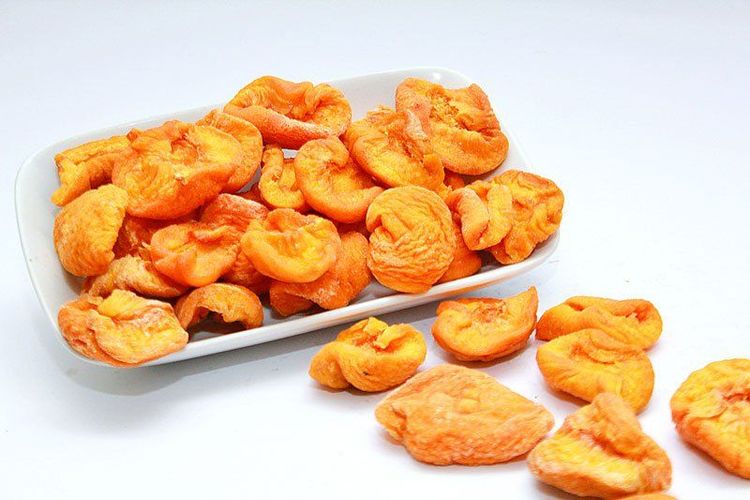
2.4. Dried apricots
Dried apricots are another option for answering the question "What fruits should people with anemia eat?" as they are very rich in iron. In 100g of dried apricots, there are about 6mg of iron, meeting 35% of the body’s daily iron needs. Dried apricots are also rich in potassium, an essential mineral for the functioning of the heart, muscles, and kidneys.
2.5. Raisins
Like apricots, raisins are also a rich source of iron. On average, one cup of raisin juice provides 24% of the recommended daily iron intake (about 4.5 mg of iron), helping the body effectively address anemia.
2.6. Watermelon
Watermelon is a fruit that people with anemia should not overlook. On average, one-eighth of a medium watermelon contains about 1.5g of iron. Additionally, watermelon is rich in vitamin C, an essential nutrient for iron absorption in the body.
2.7. Bananas
Folic acid is an important nutrient and a precursor necessary to create healthy red blood cells. Bananas are a rich source of folic acid and iron, stimulating the body to increase hemoglobin production and improve blood circulation.
2.8. Mulberries
Mulberries are highly nutritious, especially for people with anemia. One cup of mulberry juice contains about 2.6 mg of iron, meeting 14% of the daily iron requirement and 85% of the recommended daily vitamin C intake. This fruit is also a great source of antioxidants, helping to protect the cardiovascular system, fight cancer, and combat diabetes.
2.9. Olives
Olives are rich in iron, with 100g of olives containing about 3.3 mg of iron, providing 18% of the daily iron requirement. In addition, fresh olives are a good source of fiber, unsaturated fats, vitamin A, and vitamin E, which are good for health, especially for people with cardiovascular issues.
2.10. Tomatoes
Tomatoes are an excellent source of vitamin C, which helps the body absorb iron from food. Although the iron content in fresh tomatoes is quite low (about 0.5 mg of iron per cup of juice), when dried, the iron content increases. On average, half a cup of powdered tomato paste contains 3.9 mg of iron, meeting 22% of the body’s iron needs.
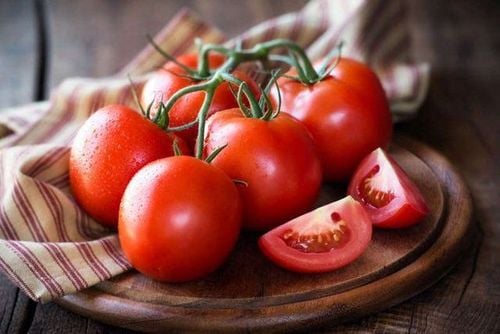
2.11. Pomegranate
Pomegranate is also one of the best fruits for people with anemia. Not only is it rich in iron, but pomegranate also provides vitamin C, A, and E, which help improve iron levels in the body to increase red blood cell hemoglobin production. Drinking one cup of pomegranate juice daily can help prevent anemia.
Increasing the intake of these foods will help the body address anemia and the diseases caused by it. Therefore, it’s important to make sure these fruits are included in your daily diet.
Please dial HOTLINE for more information or register for an appointment HERE. Download MyVinmec app to make appointments faster and to manage your bookings easily.




